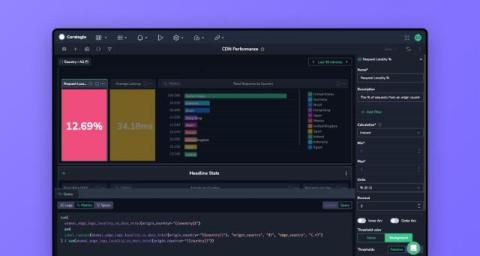What's Chaos Monkey? Its Role in Modern Testing
Chaos Monkey is an open-source tool. Its primary use is to check system reliability against random instance failures. Chaos Monkey follows the testing concept of chaos engineering, which prepares networked systems for resilience against random and unpredictable chaotic conditions. Let’s take a deeper look.











